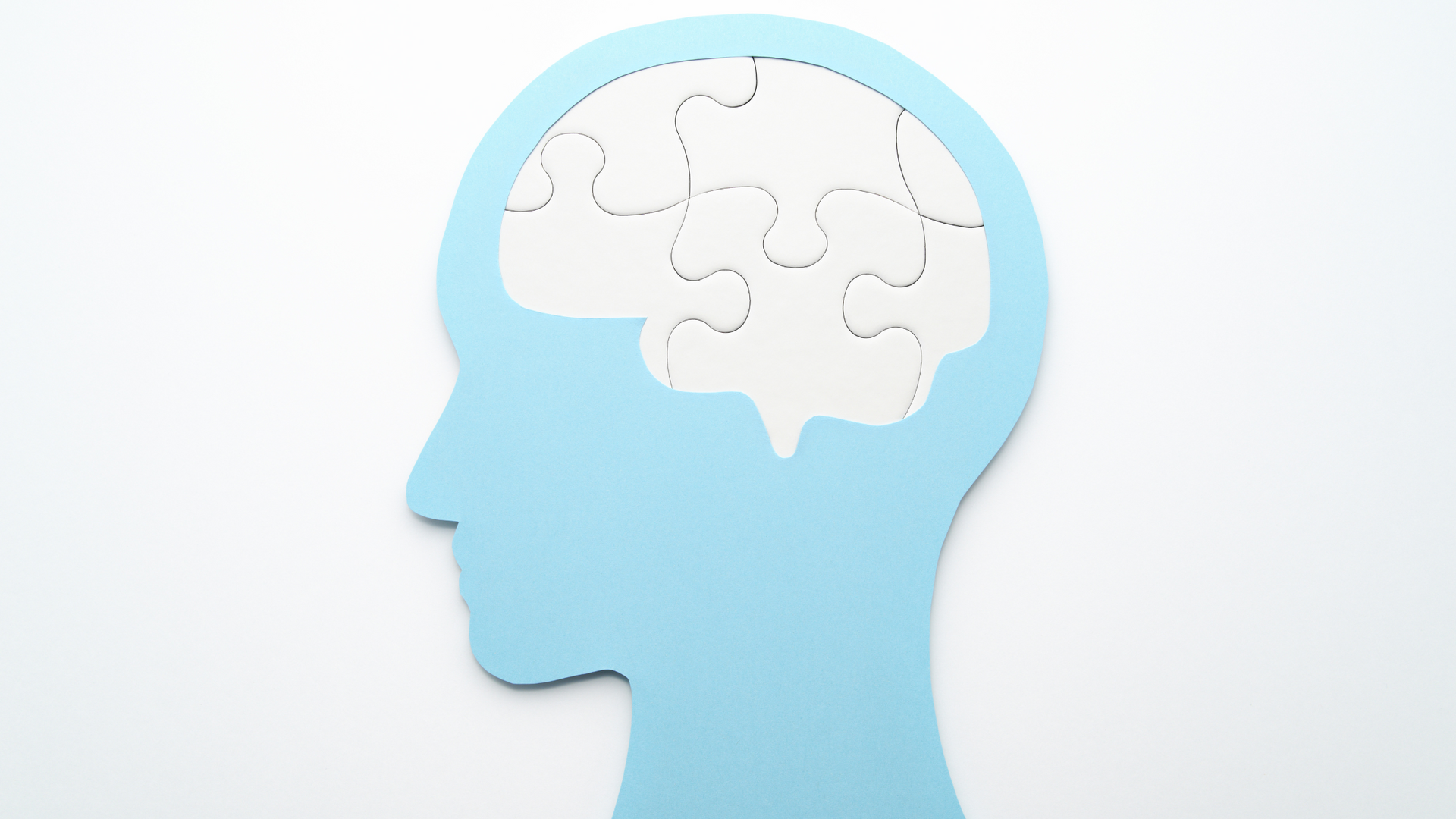Mental Health and Fitness
4 Simple tips about mental health and fitness:
- Join a Local Gym: Participating in group classes or simply sharing space with others pursuing similar fitness goals can foster a sense of belonging. Many find motivation and accountability in these shared experiences, making it easier to adhere to fitness routines.
- Set Small, Achievable Goals: Instead of aiming for the moon with your fitness goals, start small. Maybe it's walking for 15 minutes a day, doing a set of push-ups each morning, or attending two classes at the gym per week. Small wins add up and can make you feel more accomplished and motivated to keep going.
- Mix It Up: Keep boredom at bay by switching up your workout routine. Try different classes, alternate between cardio and strength training, or switch between indoor and outdoor activities. Variety not only keeps things interesting but also challenges different muscle groups and boosts your mental engagement with your fitness journey.
- Listen to Your Body: Remember, rest days are just as important as workout days. Giving your body time to recover reduces the risk of injury and mental burnout. If you're feeling particularly stressed or fatigued, consider a gentle yoga session or a leisurely walk instead of a high-intensity workout. Respecting your body's needs can help maintain a healthy balance between physical activity and mental well-being.
Ever feel like your brain's in a fog and you just can't shake off the blues? In this non-stop world we're living in, finding peace of mind is like searching for a needle in a haystack. But what if I told you there's a simple, tried-and-true way to feel better both inside and out?
Yep, it's exercise.
Getting moving isn't just about building muscles or shedding pounds; it's a game-changer for your mental health, too. And joining a spot like Cloud 10 Gym in Laurel, Maryland? That could be your golden ticket to feeling awesome, both mentally and physically. So, let's dive into why hitting the gym can be one of the best moves for your mind.
The Psychological Benefits of Exercise
Alleviates Symptoms of Depression and Anxiety
The link between exercise and its mood-enhancing effects is well-documented, offering a beacon of hope for those battling the shadows of depression and anxiety. Physical activity triggers a surge in endorphin levels—the body's natural painkillers and mood elevators.
This endorphin boost is often referred to as the "runner's high," a state of well-being following exercise. Beyond endorphins, exercise also stimulates the production of neurotransmitters like serotonin and dopamine, which play crucial roles in regulating mood and emotion.
Moreover, engaging in regular exercise fosters a sense of mastery and achievement. As individuals set and meet physical goals, they build a repertoire of successes, which can counteract the feelings of helplessness often associated with depression and anxiety. The routine of exercise, with its structured activities and goals, provides a constructive focus, diverting attention from negative thoughts and patterns that feed depressive and anxious states.
Enhances Self-Esteem and Confidence
The journey through fitness is also a journey towards self-discovery and empowerment. Physical accomplishments, whether running a faster mile, lifting heavier weights, or simply maintaining a consistent workout regimen, translate into feelings of self-worth and capability. This transformation is not solely physical; the discipline and perseverance required to achieve fitness goals reinforce an individual’s belief in their abilities, enhancing self-esteem.
The aesthetic changes that accompany regular exercise—such as muscle tone, weight loss, or improved posture—also contribute to a more positive body image. This physical evolution, visible to oneself and others, can significantly elevate confidence levels, impacting social interactions, professional life, and personal relationships positively.
Reduces Stress
Exercise is an effective counterbalance to stress, acting as a natural and healthy stress management technique. The act of moving our bodies, whether through aerobic exercise, strength training, or yoga, activates the body's stress response systems in a beneficial way. By increasing the production of norepinephrine, exercise helps the brain deal with stress more efficiently.
Physical activity also reduces levels of the body's stress hormones. A moderate-to-high intensity workout can decrease cortisol levels, offering a sense of relief from the constant state of fight or flight that chronic stress induces. Furthermore, exercise promotes relaxation and enhances mood through improvements in sleep patterns and the mitigation of muscle tension—common physical manifestations of stress.
Improves Sleep
The interplay between exercise and sleep is a virtuous cycle; engaging in regular physical activity can lead to more sound and restful sleep, while good sleep can improve the effectiveness and recovery of exercise routines. Exercise helps regulate the body's circadian rhythm, our internal clock that dictates sleep patterns. By raising body temperature during exercise and allowing it to drop post-exercise, we facilitate the body's natural cooling mechanism, which signals the brain that it's time to sleep.
Additionally, exercise can help alleviate sleep disorders such as insomnia by reducing the time it takes to fall asleep and decreasing the amount of time spent awake during the night. This improvement in sleep quality can lead to enhanced mental alertness, mood, and cognitive function.
Boosts Brain Health
Perhaps one of the most compelling arguments for the role of exercise in mental health is its impact on brain health and cognitive function. Physical activity increases heart rate, which pumps more oxygen to the brain and aids the release of growth factors—chemicals that affect the health of brain cells, the growth of new blood vessels in the brain, and even the abundance and survival of new brain cells.
Studies have shown that regular exercise can increase the size of the hippocampus, a brain area involved in verbal memory and learning. This neurogenesis (the formation of new neurons) is a critical element in enhancing cognitive functions and protecting against cognitive decline as we age. Exercise has also been shown to improve executive functions like multitasking, planning, and inhibition, and it can reduce the risk of developing neurodegenerative diseases such as Alzheimer's.
The Benefits of Joining a Local Gym
Community and Support
The power of community cannot be overstated, especially in the context of a gym environment. Gyms are more than just facilities filled with equipment; they are vibrant communities of individuals sharing the journey toward better health. This collective endeavor creates a supportive atmosphere that can significantly diminish feelings of loneliness and isolation, conditions often linked with depression and anxiety.
Participating in group classes or simply sharing space with others pursuing similar fitness goals can foster a sense of belonging. Many find motivation and accountability in these shared experiences, making it easier to adhere to fitness routines. Moreover, the opportunity to receive encouragement from peers and form new friendships can turn the gym into a pivotal social hub, enriching one’s social life and contributing to overall mental well-being.
Variety of Options
One of the standout advantages of joining a gym is the diversity of workout options available. This variety is crucial for maintaining interest and motivation in one’s fitness journey. Gyms like Cloud 10 offer a range of activities, from small group strength training classes to transformative team training bootcamps. This assortment ensures that exercise never feels monotonous or chore-like, fostering a more enjoyable and sustainable approach to physical health.
Engaging in different types of workouts can also provide comprehensive mental health benefits. While cardio exercises are excellent for releasing endorphins, practices like yoga can improve mindfulness and reduce stress levels, creating a well-rounded mental health regimen.
Structure and Routine
The act of regularly visiting a gym introduces a beneficial structure and routine to daily life. This consistency is invaluable for mental health, providing predictability and a sense of control amidst life’s uncertainties. A structured routine can help alleviate symptoms of anxiety and depression by offering clear, manageable segments of time dedicated to self-care through exercise.
Moreover, the physical act of leaving the house to visit a gym can break the monotony and isolation that often accompany mental health struggles, providing a change of scenery and a reason to engage with the outside world.
Your Next Steps
The connection between mental health and physical fitness is undeniable. Regular exercise offers a wealth of psychological benefits that can significantly enhance your quality of life. Joining a local gym, such as Cloud 10 Gym in Laurel, Maryland, provides a great environment for reaping these benefits. It offers the community, variety, professional guidance, structure, and accessibility needed to support your mental health journey through fitness. In the pursuit of mental well-being, embracing physical activity as a pillar of your lifestyle can pave the way to a happier, healthier you!














